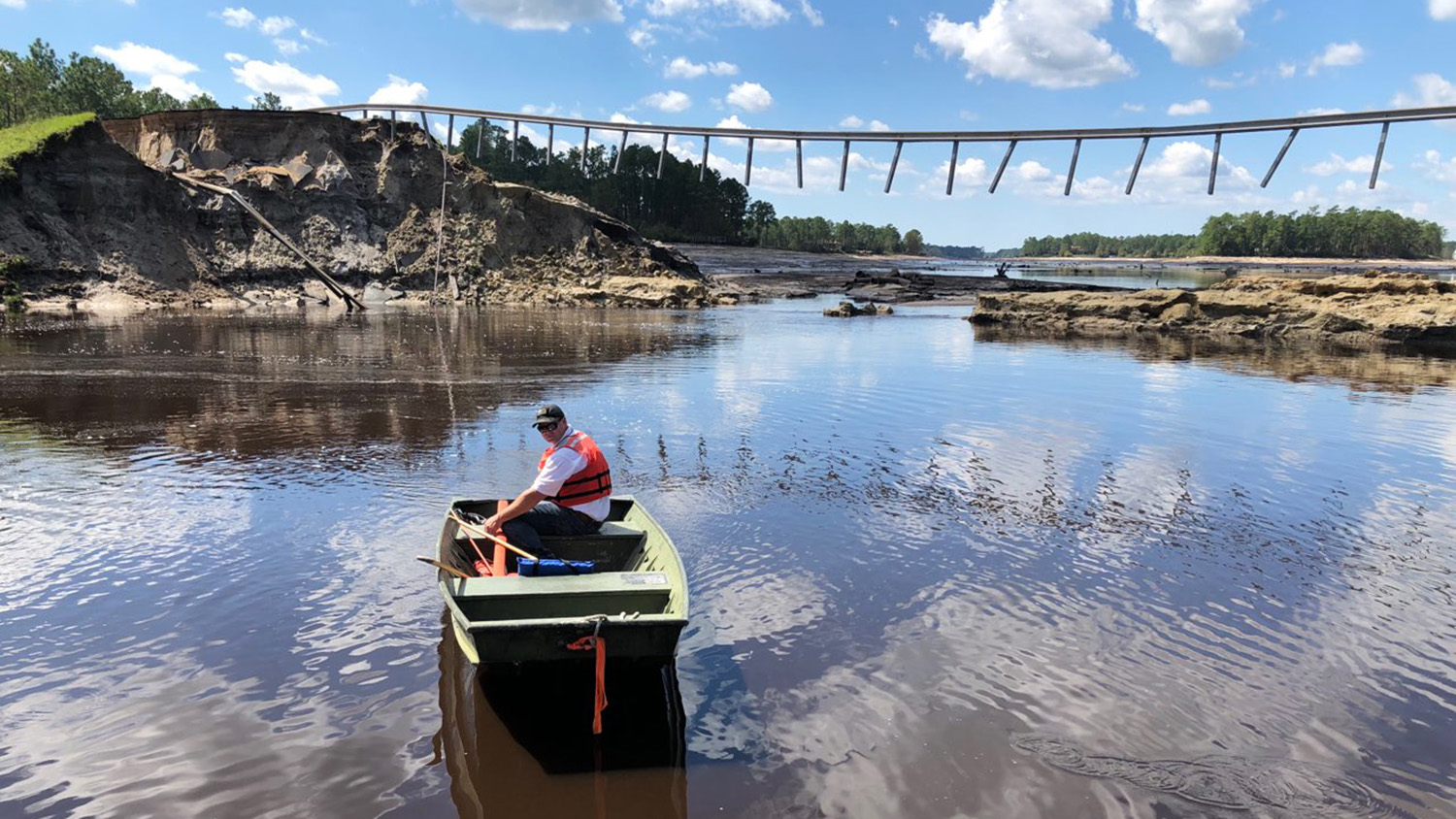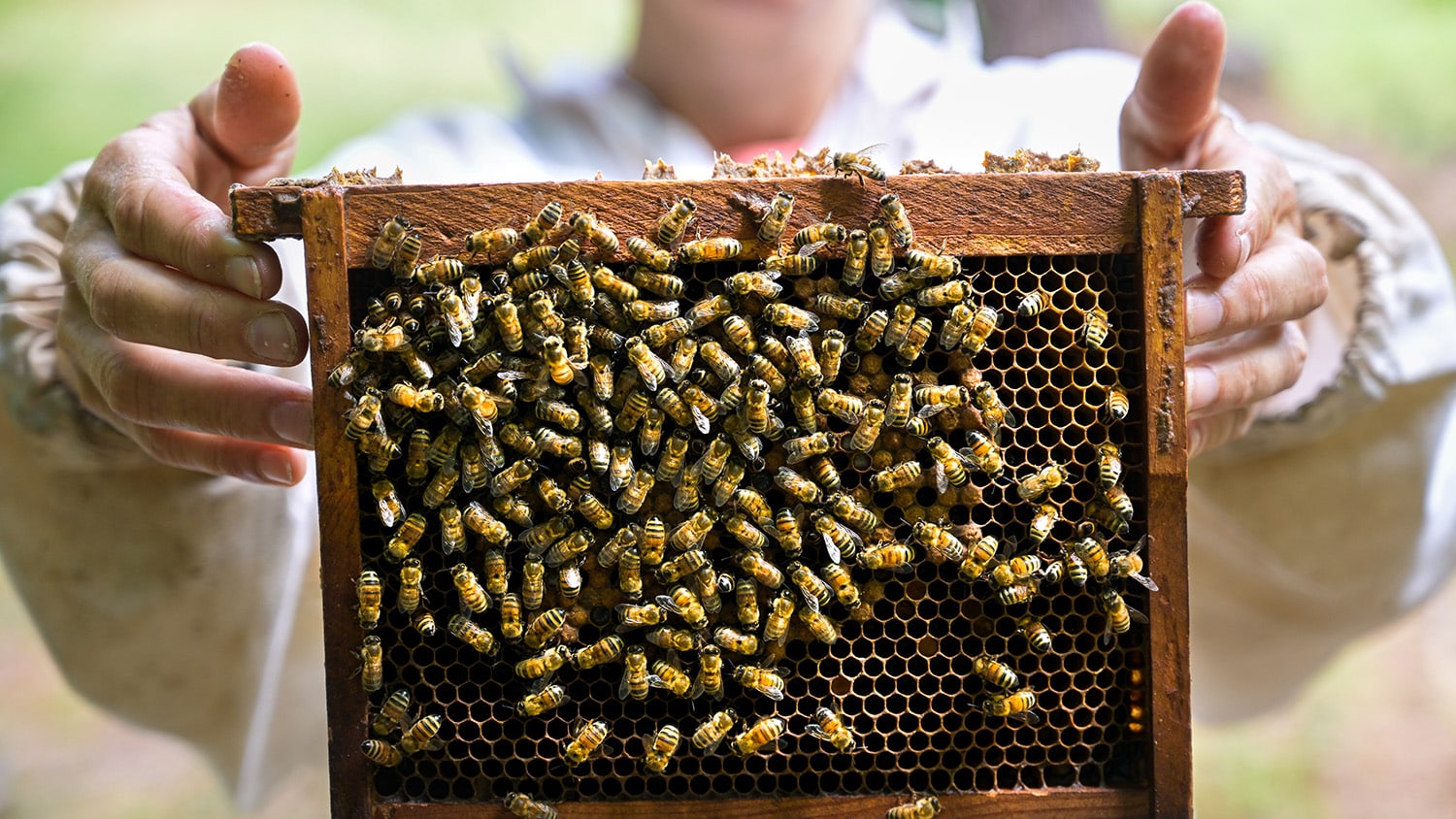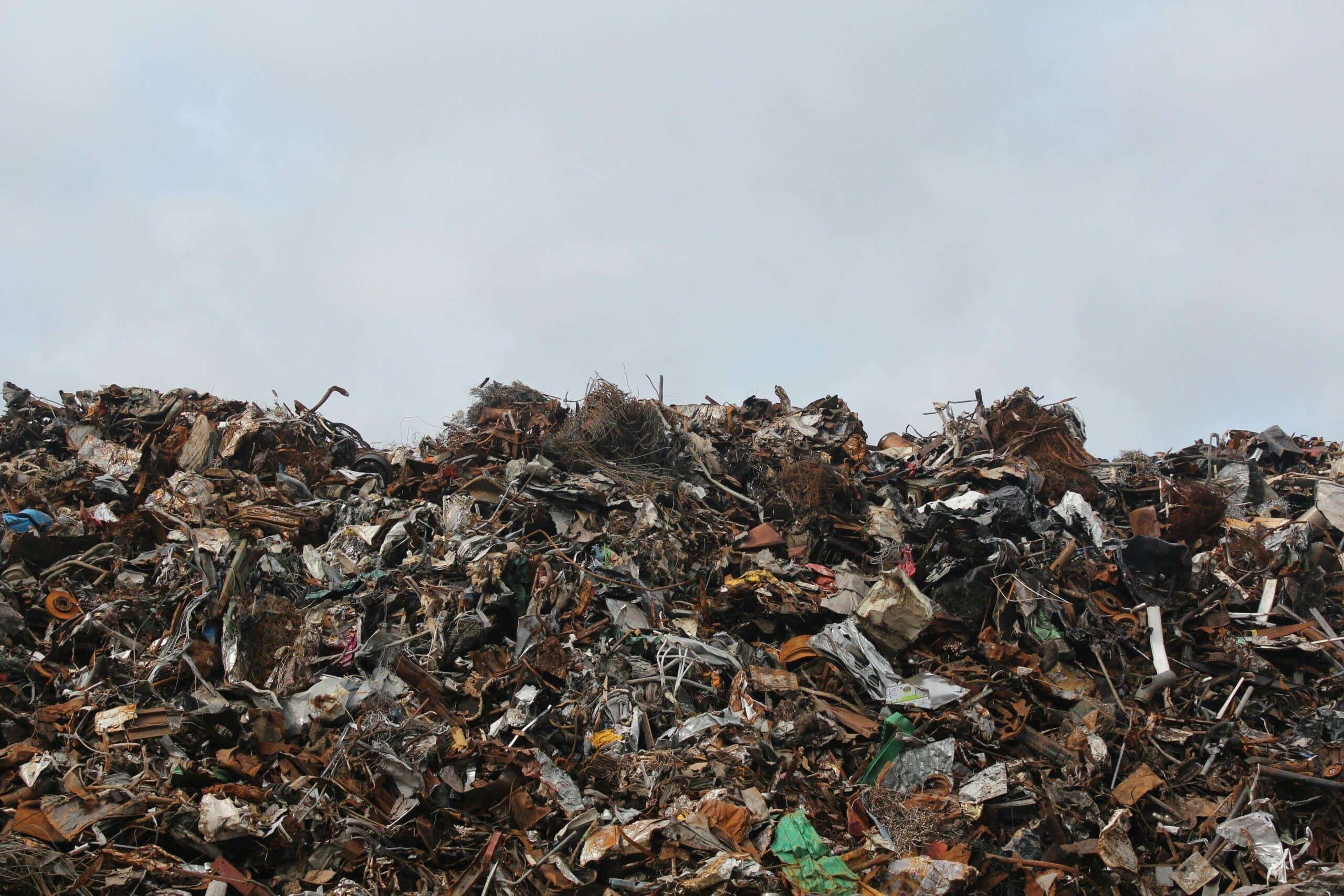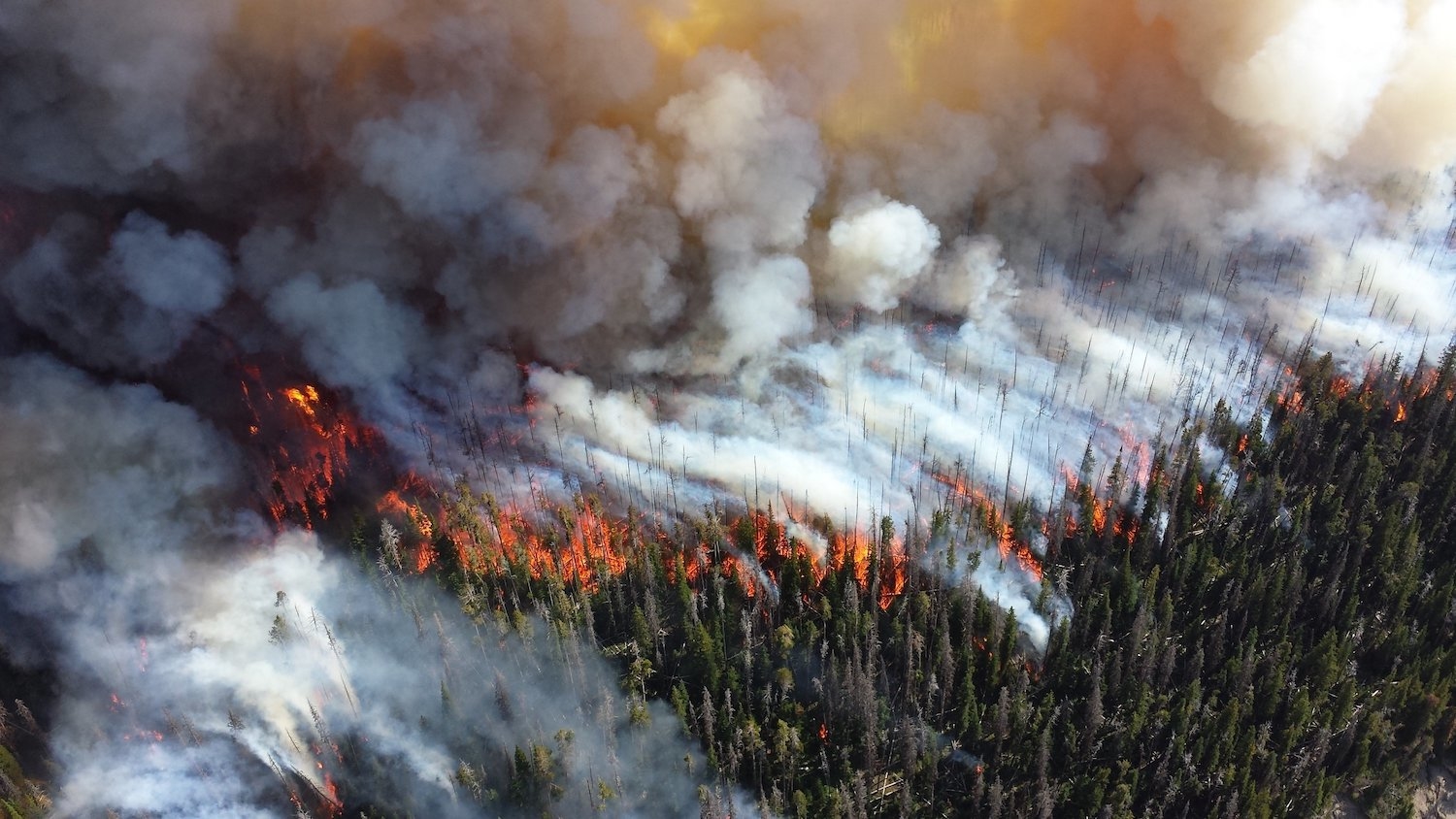Using Local Expertise To Assess Hurricane Impacts

NC State researchers are launching a project to assess the impacts of the 2018 hurricanes on North Carolina by making use of the people who know the affected counties best.
“We know that thousands of undergraduates at NC State are from counties that were hit hard by Hurricanes Florence and Michael – and we’re recruiting 50 of them to help us assess the impact of those hurricanes,” says Madhusudan Katti, associate professor in the Department of Forestry and Environmental Resources and the Chancellor’s Faculty Excellence Program cluster for Leadership in Public Science at NC State. Katti is the principal investigator (PI) on a one-year, $200,000 grant from the National Science Foundation that makes the project possible.
“We also know that students who are impacted by natural disasters, like hurricanes, often struggle with returning to their academic studies following these experiences of trauma,” says Kelly Lynn Mulvey, co-PI on the project and an assistant professor of psychology at NC State. “This project will foster resilience in hurricane-impacted students through a community-engaged informal opportunity.”
The project has multiple research goals, including:
- To gain a better understanding of the ecosystem impacts stemming from the 2018 hurricane season;
- To establish a baseline of ecosystem health that can be used to assess the impact of any future extreme weather events in affected areas;
- To determine the extent to which being part of a research program can help students stay academically engaged in the wake of a disaster;
- To determine how and whether being part of a community-based research program can affect emotional resilience for students from impacted areas; and
- To train students in ecological assessment.
The project will focus specifically on urban and suburban forest ecosystems, and the researchers are actively recruiting students from hurricane-affected counties in North Carolina to work in their home communities.
Students will receive training in how to use tools, such as 360-degree cameras and video equipment, to perform ecological assessments and to collect oral histories from residents in study areas. The oral histories will focus on how and whether local residents have perceived ecosystem changes due to the hurricanes.
“Students will be involved from the earliest planning stages, since we want to get input from people with local knowledge when selecting study sites,” Katti says.
Students will receive a $1,000 stipend in addition to relevant training. Access to research equipment, and training on how to use it, is being provided by NC State University Libraries.
As part of the project, students will work in two-person teams. Early this summer, each team will be assigned to assess 20 sites. Students can also choose to be involved in analyzing the data, with the option of taking part via an independent study course for academic credit.
“We are also planning to give students the chance to present their findings to the public in the fall,” Katti says.
Students who are interested in participating, or want to learn more about the project, can go to: http://forestsafterflorence.reconciliationecology.org/
The research project is being led by an interdisciplinary team of researchers, including co-PIs, Deniz Eseryel (Department of Digital Learning and Teaching) and Darby Orcutt (NC State University Libraries). The project is also partnering with the Center for Geospatial Analytics, the South East Climate Adaptation Science Center, the Public History program, and the Visual Narrative Initiative at NC State.
- Categories:


